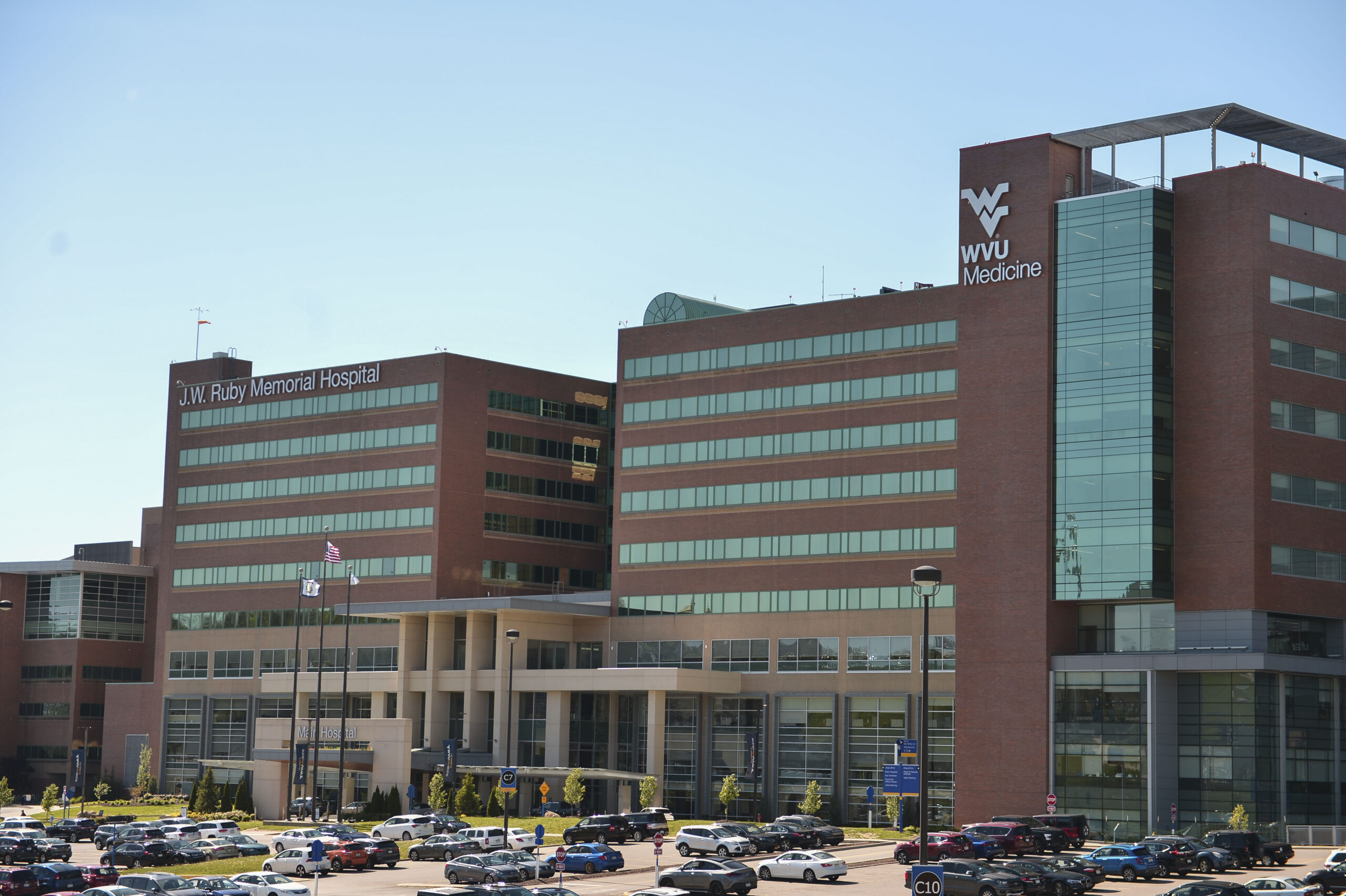MORGANTOWN — WVU Medicine’s Mountaineer Trauma Support Group offers comfort and resources to survivors of serious injury and their families by providing survivors with information and the opportunity to speak to others who have experienced and are recovering from trauma.
The support group was formed in 2019 by trauma surgeon Dr. Lauren Dudas and Holly Riley, nurse clinician with the WVU Medicine Trauma Department. The support group was founded as a local chapter of the Trauma Survivors Network, a national organization with the same purpose as the Mountaineer Trauma Support Group.
The idea for WVU Medicine to develop its own support group came from an interaction that Dudas had with a patient who was being discharged from the trauma clinic. The patient’s mother stopped hospital staff and told them that her son was not recovering as well emotionally as he was physically. She inquired about any resources that the hospital might be able to offer.
Dudas, who was fairly new to WVU Medicine at the time, encouraged the young patient to attend a support group at the institution. He was reluctant at first, but eventually agreed to give the support group a shot.
“We walked out and one of our physician’s assistants said, ‘We don’t have a support group here,’ which was really embarrassing. So, we had to go back in and tell him that we actually didn’t have a support group, but we had some other resources we could give him,” Dudas said.
She said that despite being able to provide that patient with a few support options, the resources in the Morgantown area — and on a national level — are somewhat limited. Trauma patients can visit with a therapist up to three times while they are in the hospital, but there is a shortage on therapy providers for outpatient trauma survivors.
The support group specifically targets individuals who are struggling to emotionally recover from their physical trauma. Some of the emotional obstacles that physical trauma survivors might face include difficulty returning to normal life, being afraid of things related to their accidents and difficulty establishing their “new normal” with their physical limitations, if they have any.
Riley said that the group works with people struggling with things like post-traumatic stress disorder, opioid usage, effective coping strategies and getting back into physical activity. Additionally, a big part of the trauma support group is the chance for survivors to feel like talking about their own experience is helping other survivors cope with theirs, she said.
Initially, the support group met in-person. Attendees and staff would enjoy a meal together that was provided by WVU Medicine’s trauma program. Survivors could introduce themselves to the group and share their stories with each other. Once a month, the group would have a guest speaker to tackle specific topics that they were well-versed in.
At the onset of the COVID-19 pandemic, the group took a pause from meeting while administrators determined the best way to proceed. The group has since met virtually via the Zoom webinar platform on the third Thursday of every month. The format of the online meetings remains similar to that used for the in-person meetings. Guest speakers who were canceled because of the pandemic have had the chance to speak with the group virtually.
Dudas said that the most basic way someone can know that they might need to visit the support group is as follows: “If they’re thinking about it, it’s something they might be able to benefit from.”
Riley said that it’s important to note that attendees of the support group do not have to share their story if they are not comfortable doing so.
“We don’t put you on the spot and grill participants,” she said. “If they want to just come and listen for a few meetings, they can usually always take something that we’ve said or they’ve heard to help them along the way.”
The individuals in charge of the support group are also willing to offer survivors other resources if a survivor who visits the group decides that the setting just isn’t right for them.
Mountaineer Trauma Support Group’s next meeting is set for 6-7:30 p.m. July 15.
Anyone interested in joining the support group should email mountaineertraumasupport@wvumedicine.org to receive an invitation to the Zoom meeting.
TWEET @DominionPostWV




